Increase ELL Success Through Blended and Online Emotional Learning
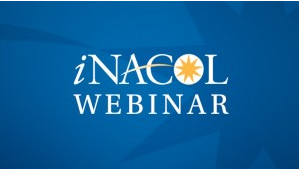
Thursday, April 21, 2016 6:00 p.m. – 7:00 p.m. ET (register) The International Association for K-12 Online Learning (iNACOL) is hosting a Teacher Talk webinarto examine how to develop social emotional learning and increase success for English Language Learners (ELL) through blended and online learning environments. Presenter Mawi Asgedomis an Ethiopian refugee and former ELL… Read More ›
Deeper Learning Equity Fellows
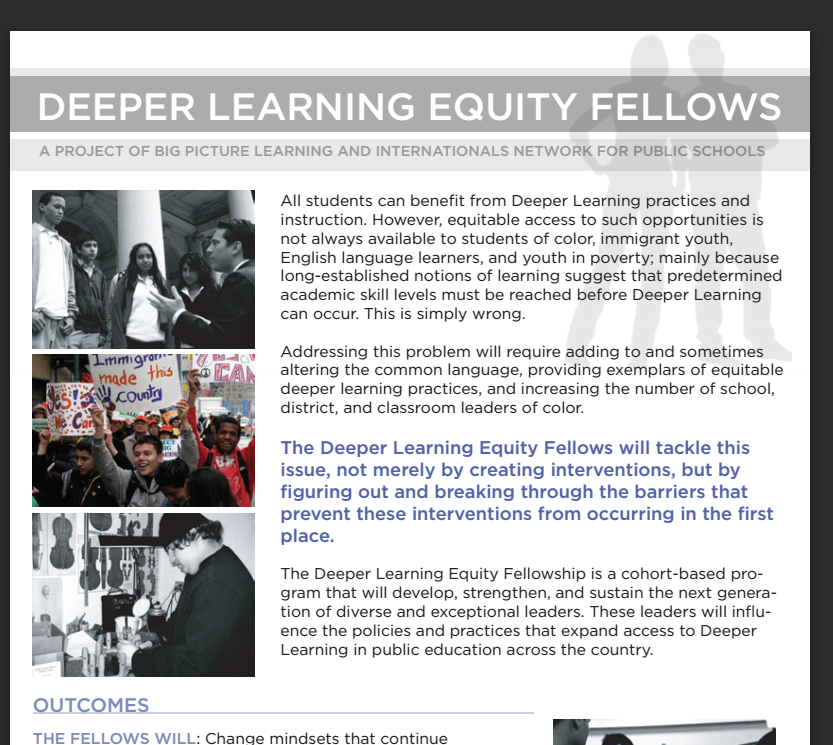
This website provides information about the Deeper Learning Equity Fellowship leadership program. The program was founded to increase access to deeper learning opportunities for all youth, especially students of color, immigrant youth, English language learners, and youth in poverty. Cohorts of 10 education leaders are selected to participate in a 24 month-leadership program consisting of… Read More ›
What is Flipped Learning
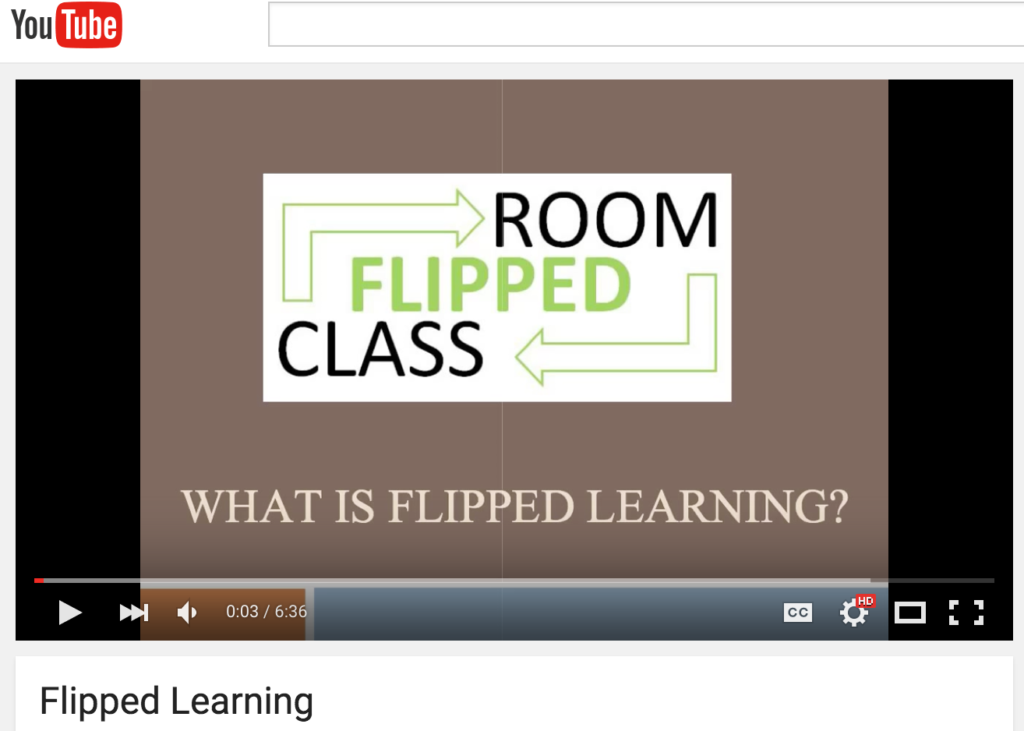
In this short presentation, a classroom teacher introduces the flipped learning approach to fellow teachers. It includes a discussion on four pillars of an effective flipped classroom and examples of the schedule of activities in this type of classroom. The presentation focuses most on intentional content, with tips on how to help students learn the… Read More ›
Pittsfield School District Logic Model
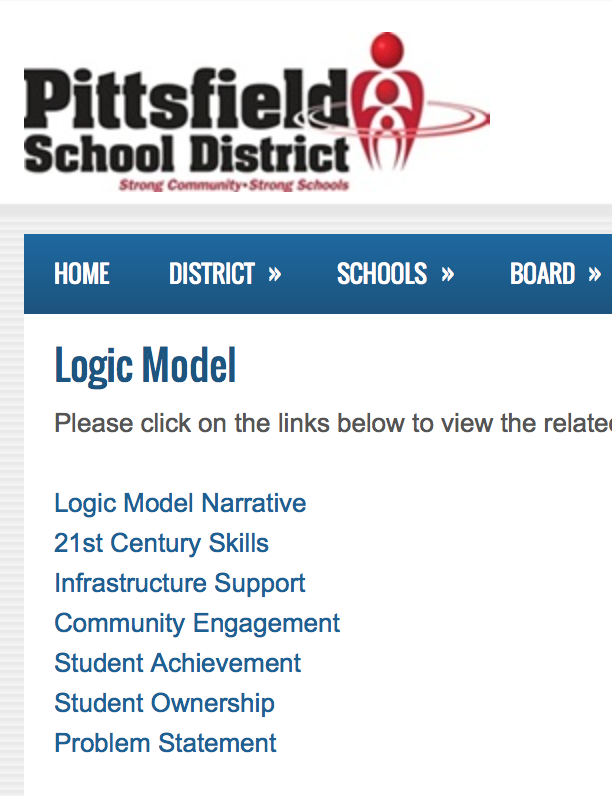
This working document lays out the roadmap for a shift to student centered learning in Pittsfield, New Hampshire. The logic model looks at several areas for improvement: development of 21st century skills such as civic responsibility, study skills, and social-emotional learning; systems and infrastructure support for student centered learning; community involvement; student achievement; and student… Read More ›
What is Flipped Learning: Flipped Learning Definition
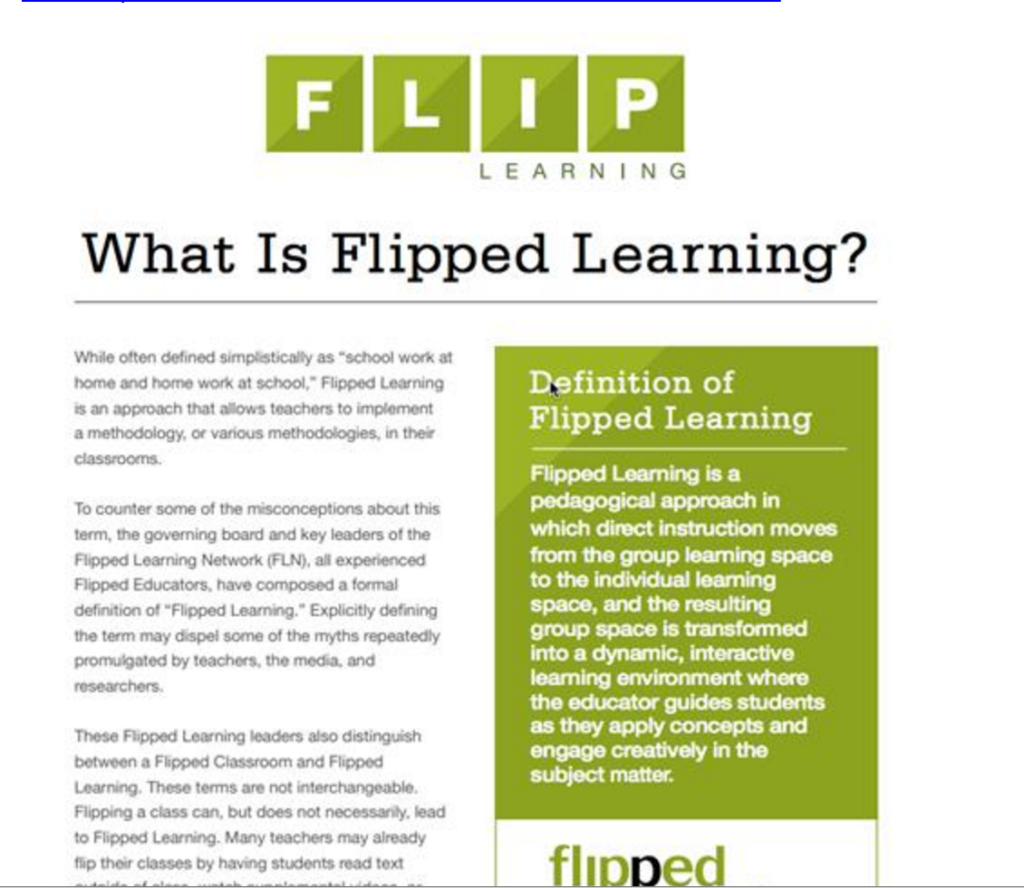
This two page overview developed by the Flipped Learning Network gives an excellent definition of flipped learning, suitable for introducing the concept to any audience. It lays out the components of successful flexible learning, detailing each of the four pillars: creating a flexible learning environment, shifting to a student-centered learning culture, providing intentional content to… Read More ›
New England Secondary School Consortium
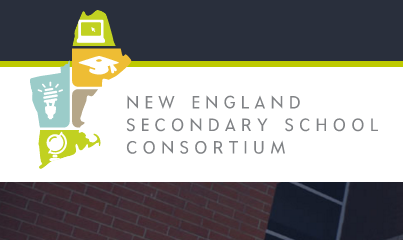
This organization, the New England Secondary School Consortium (NESSC), is a regional partnership that promotes innovations in the design and delivery of secondary education across New England. Five states—Connecticut, Maine, New Hampshire, Rhode Island, and Vermont—come together to promote equity and opportunity for all students. NESSC is coordinated by the Great Schools Partnership. The organization… Read More ›
Coalition of Essential Schools
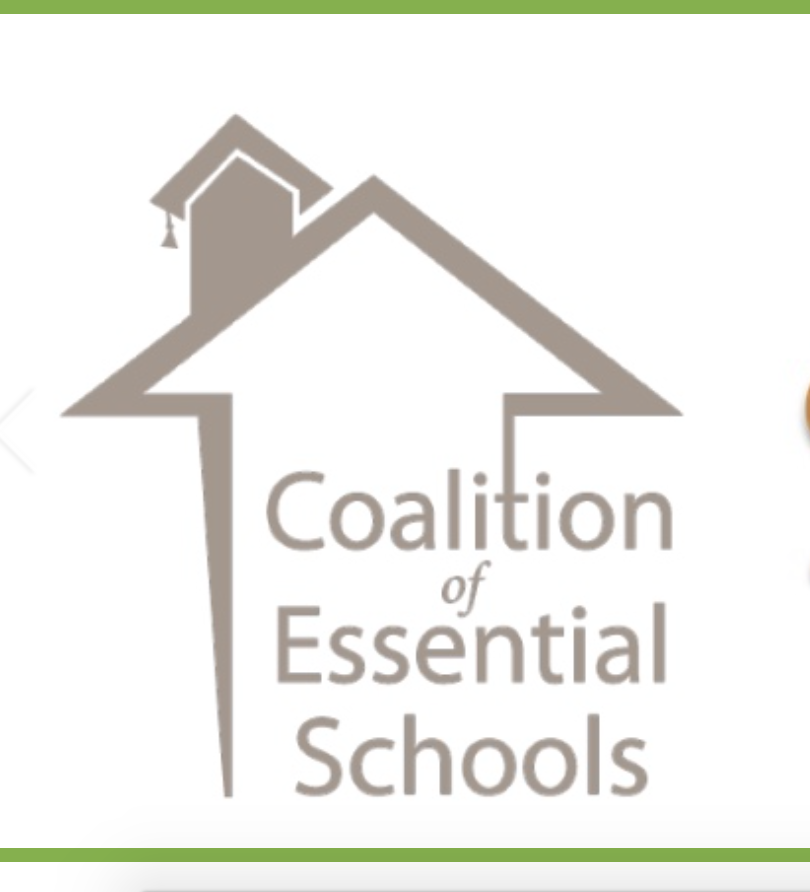
This organization is a diverse network of schools committed to creating and sustaining personalized, equitable, and intellectually challenging schools. Coalition of Essential Schools (CES) provides opportunities for professional development and networking amongst member schools. CES Affiliate Centers provide technical assistance to schools committed to the CES vision. CES also advocates for local, state, and national conditions… Read More ›
Re-Energize Your Classroom in the New Year

This article is a composite of great ideas that you can use to change things up for the second part of the school year—and that can also help beat the winter blues. Source Organization: Edutopia Visit the Resource
Four Steps to Transforming a School
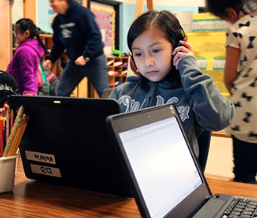
This article looks at the four practices that, taken together, create a transformational school environment; an environment where students exhibit agency by achieving academically and taking ownership of their learning. Source Organization: Getting Smart Visit the Resource
ConnectED: Learning Powered by Technology

This website outlines former President Obama’s 5-year effort called ConnectED, with the goal of providing high-speed broadband and wireless to 99 percent of students and improving the skills of teachers—providing every educator in America with support and training to integrate technology into classroom lessons. Preparing America’s students with the skills they need to get good jobs… Read More ›
Whitmire: The Secret to Building the Next Gen High School? Forget All Your Middle School Successes

This article is about what happened when Blackstone Valley Prep High School received a grant from Next Generation Learning Challenges and adopted Summit Basecamp software, a newly released learning tool. Source Organization: The Seventy Four Visit the Resource
What You Need to Know When Developing Micro-Credentials
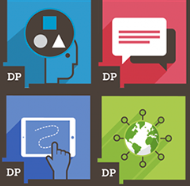
This article defines micro-credentials and what the author learned from implementing them. Educators didn’t necessarily know what to expect as they began the journey toward micro-credentials (sometimes called badges), but they were eager to explore the possibility of changing professional learning from seat-time to competency-base to encourage changes in practice. In an effort to help teachers apply… Read More ›